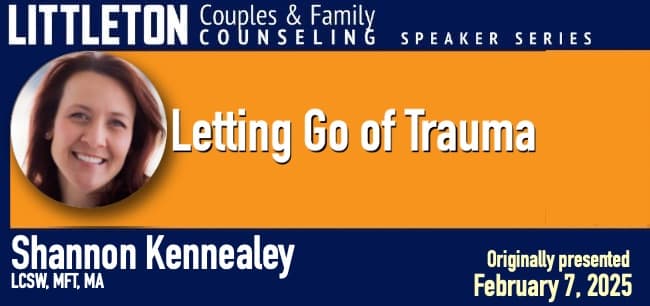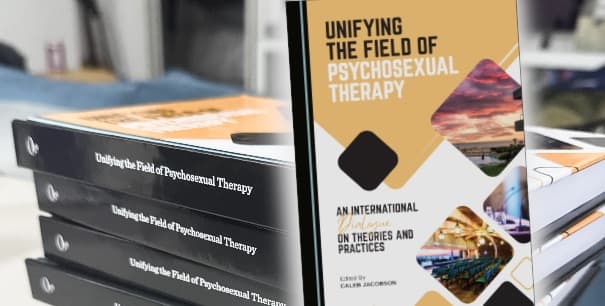Adult ADHD and Adult autism tips for the holidays
The holidays are upon us. Many of us happily anticipate this time of year; others may experience feelings of fear, dread, guilt, or shame, or being overwhelmed. This year portents to be filled with get togethers and gatherings of family, friends, and coworkers which will enhance or exacerbate your emotions and perceptions.
Here are a few tips to help set boundaries and expectations to create a healthier holidays.
Set realistic expectations, in time, emotion, extravagance, and money. This budget will help you live within all your current means. Don’t overcommit yourself just to please others in the moment if you know you can’t deliver. You’ll probably regret it later.
Simplify. Don’t overthink it. Do your best. When you feel overtaxed, a store bought dessert could be the best you can do.
You don’t have to do everything alone. Delegate and do better. Hosting a dinner for twenty? Enlist aid and invite others to help make it happen.
Stay in the moment of “now” and avoid scheduling things in “not now” that may never happen. Plan within your time horizon. If you can only look out a week, selectively chunk your “to do” list into that time window. Address other issues at a later date.
Communicate your needs with those around you. It’s not fair to blame someone for something they didn’t know about, and when they don’t know they can’t help. When you communicate your needs, you’re inviting them to show they care and value you.
Take time for yourself when needed. Let people know you might need to slip out of gatherings when overwhelmed. Save some energy to enjoy the season, be creative, or generous.
If you are easily overwhelmed or experience sensory overload, adjust the expectations to be realistically achievable.







